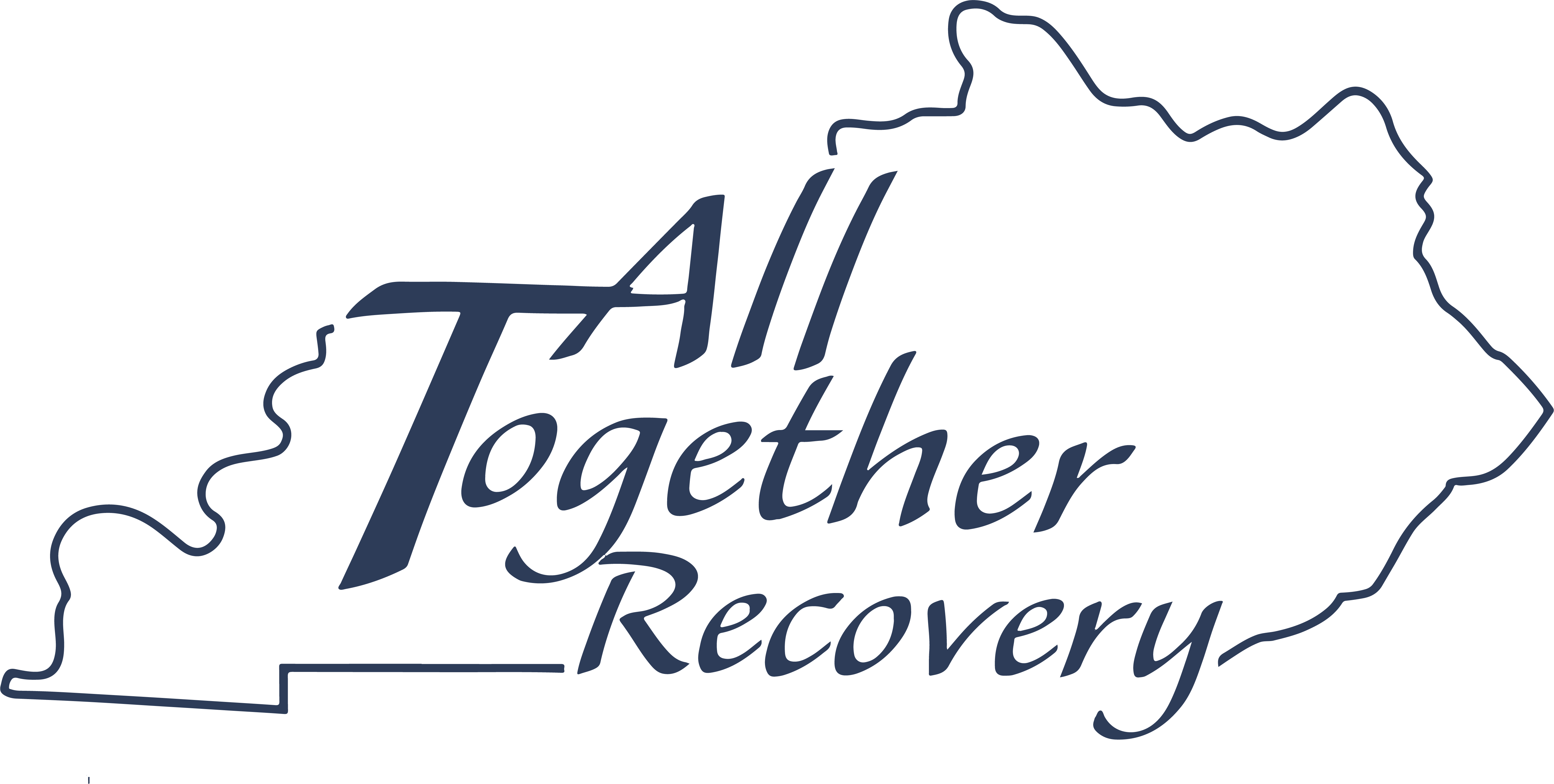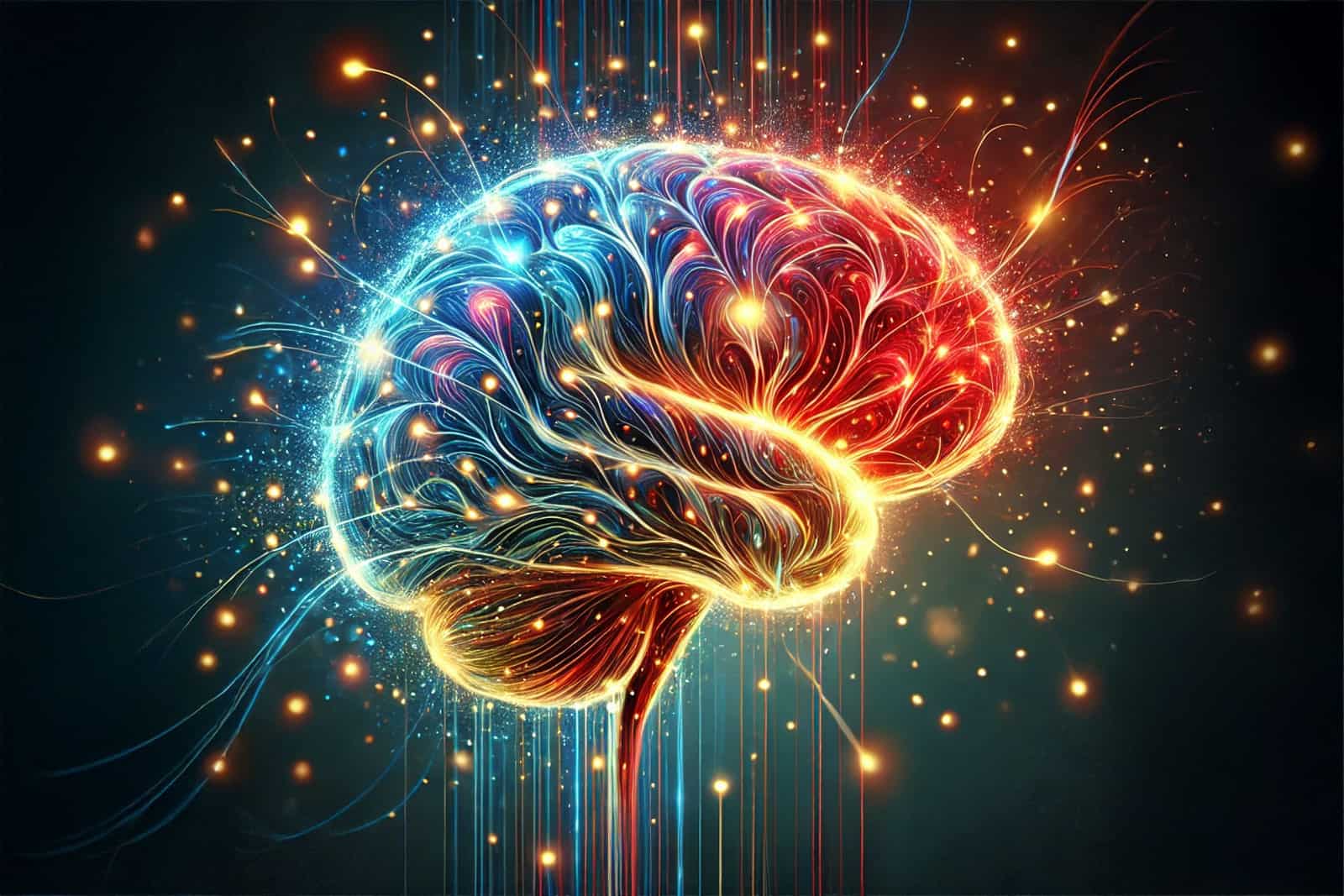Addiction recovery is not just about overcoming substance use; it’s about rebuilding a healthy, sustainable lifestyle. Nutrition and exercise are critical components of this transformation, supporting physical health, mental well-being, and emotional balance. In this article, we explore how these elements contribute to recovery and offer practical tips for embracing a healthier lifestyle.
The Role of Nutrition in Recovery
Addiction often leads to poor dietary habits, including malnutrition and nutrient deficiencies. Substance use can damage organs, weaken the immune system, and disrupt metabolic processes. A balanced diet helps repair this damage by replenishing essential nutrients, improving energy levels, and supporting the body’s healing process.
Key nutrients to focus on during recovery include:
- Proteins: For muscle repair and overall strength.
- Complex carbohydrates: To stabilize blood sugar and energy levels.
- Healthy fats: To support brain function and cell repair.
- Vitamins and minerals: To restore depleted reserves and improve immune function.
Tips for Balanced Nutrition:
- Hydration is key: Drink plenty of water throughout the day.
- Eat whole foods: Prioritize fruits, vegetables, lean proteins, and whole grains.
- Avoid triggers: Reduce sugar, caffeine, and processed foods that can destabilize mood or energy.
- Plan meals: Structure meals to prevent skipping or binge eating.
The Impact of Exercise on Recovery
Regular exercise offers physical and mental health benefits that are invaluable in recovery. Physical activity helps reduce stress, improve mood, and combat cravings by releasing endorphins, the body’s natural “feel-good” chemicals. It also provides structure, a sense of achievement, and a positive outlet for emotions.
Exercise Benefits in Recovery:
- Improves cardiovascular and muscular health.
- Reduces symptoms of anxiety and depression.
- Enhances sleep quality, often disrupted during addiction.
- Promotes social interaction through group classes or team sports.
Tips for Incorporating Exercise:
- Start small: A 15-minute walk can make a big difference.
- Explore variety: Try hiking, swimming, biking, or weightlifting to find what you enjoy.
- Set realistic goals: Build a consistent routine without overexerting.
- Join a community: Look for local recovery-friendly fitness groups or classes.
Why Nutrition and Exercise Matter in Recovery
Together, nutrition and exercise are transformative tools that go beyond immediate recovery—they offer a gateway to sustainable wellness. They enhance the body’s ability to heal, boost mental health, and provide healthy routines to replace destructive habits. They equip individuals with the energy and focus needed to engage with therapy, reconnect with loved ones, and pursue personal goals. By addressing both physical and emotional needs, these habits empower individuals to thrive and build a future that feels both achievable and rewarding.
Incorporating these elements into your recovery plan doesn’t just enhance the process—it becomes a vital part of who you are as you reclaim your life. A balanced diet and regular exercise remind you that recovery is not about deprivation but about nourishing your body, mind, and soul in meaningful ways.
Holistic Healing at All Together Recovery
At All Together Recovery, we understand that addiction recovery is about the whole person—body, mind, and spirit. That’s why we incorporate a holistic approach to treatment, including guidance on nutrition and exercise, alongside evidence-based therapies. Our team is committed to helping you develop sustainable habits that strengthen your recovery journey. With our compassionate care and structured programs, you’ll find the tools and support you need to build a healthier, happier future. Contact us today to start your journey toward lasting recovery. You are not alone!
Let’s Connect
start your journey
Ready to take the first step? Contact us today via our online form, phone, or email. Our admissions team is available 24/7 to provide support and answer any questions you may have.





